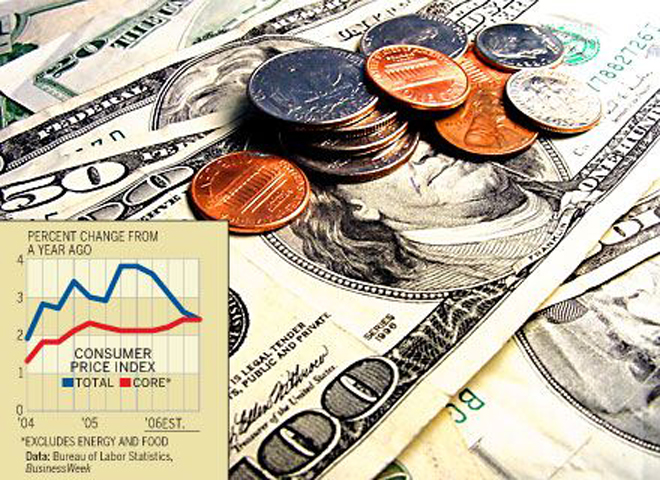Britain’s inflation rate rose in July for the first time in 2018, keeping the squeeze on many households’ budgets, but there were signs that the pick-up was a blip and inflation might fall faster than the Bank of England thinks, Reuters reports.
Consumer price inflation rose at an annual rate of 2.5 percent in July after holding at 2.4 percent in the previous three months, matching economists’ forecasts in a Reuters poll.
It was the first time since November that inflation gained pace, slowing the recovery in spending power for consumers.
“These figures show that the cost of living squeeze is not yet a thing of the past,” said Tej Parikh, an economist at the Institute of Directors, an employers’ group.
Average earnings, including bonuses, rose an annual 2.4 percent in the three months to June, the Office for National Statistics said on Tuesday, extending a long run of pay rises below their pre-financial crisis levels.
But economists noted the inflation rise was driven largely by one-off factors, such as a rise in prices of computers games - which are often volatile - and transport fares.
The National Institute for Economic and Social Research, a think tank, said its measure of core inflation, stripping out extreme price moves, fell and looked set to bring inflation down to the Bank of England’s 2 percent target within a year.
When the BoE raised interest rates this month, it forecast inflation at just above 2 percent in two years’ time.
But many private economists think inflation will prove to be weaker than the BoE is predicting.
Sterling, which has fallen in recent weeks on concerns about the lack of an agreement on Britain’s leaving the European Union and the weak outlook for rate hikes, fell slightly after Wednesday’s data.
The CPI hit a five-year high of 3.1 percent in November, when the inflationary effect of the pound’s tumble after the Brexit vote reached its peak.






